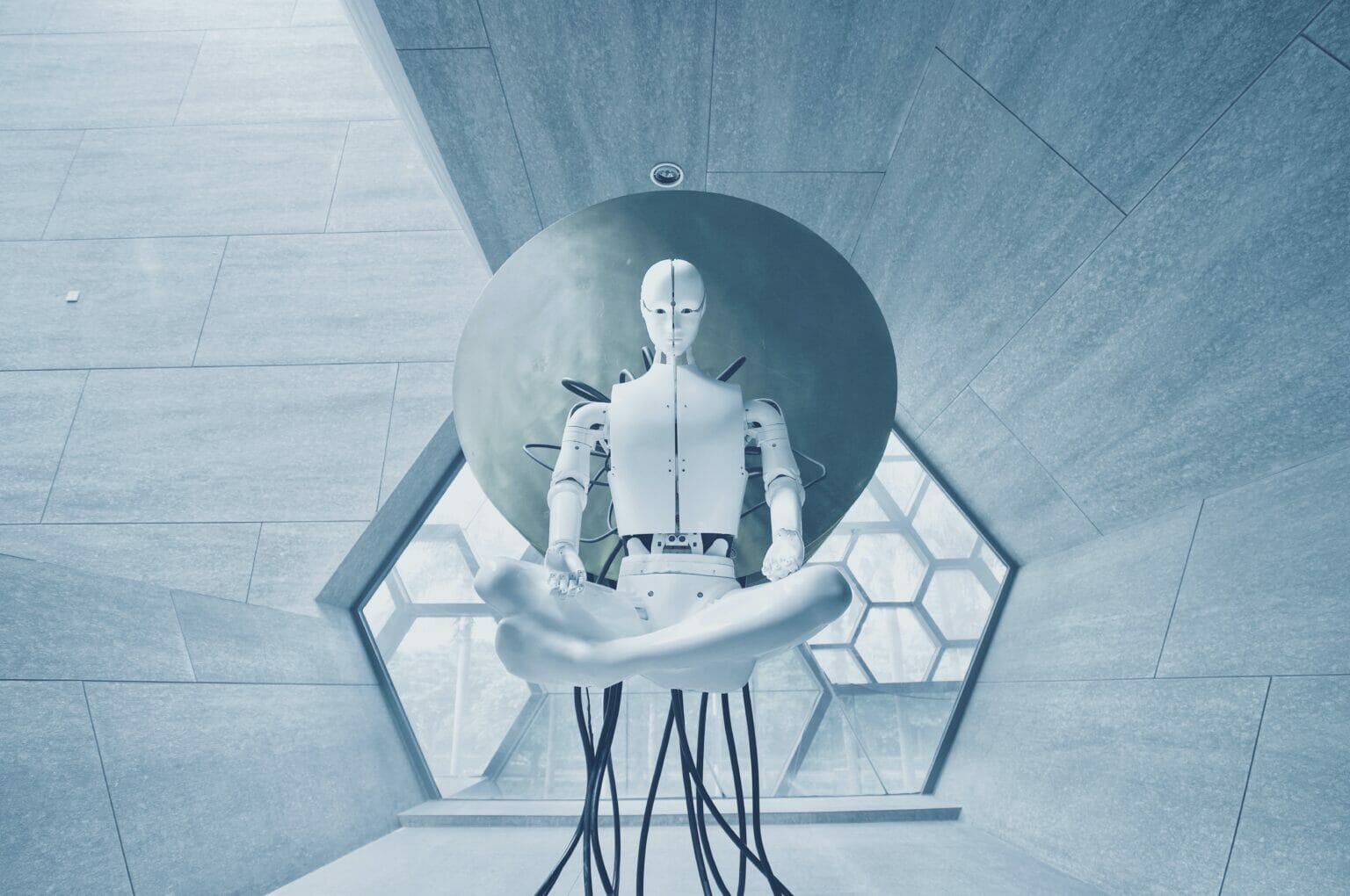As the first to try it, a Chinese company is betting on the “metaverse workplace.”
It’s Monday morning, and you’re having coffee in Hong Kong with your new boss, a virtual robot that uses AI. While that’s going on, your digital clone is at another meeting on your behalf, taking notes that you’ll look over later. Meanwhile, you’re working from your Rio de Janeiro bedroom.
It might sound like something out of a science fiction book, but this is what the metaverse and NetDragon, a Chinese company, say the future of work will be like. NetDragon recently gave its most important subsidiary, Fujian NetDragon Websoft, to a virtual humanoid robot that is powered by AI.
The metaverse, which is often called the next version of the Internet, promises a 3D virtual world that people can enter with virtual reality (VR) and augmented reality (AR) headsets to do business, hang out, and play games through their virtual avatars or holograms.
NetDragon Websoft, a Chinese game company known for games like Eudemons Online, Heroes Evolved, Conquer Online, and Under Oath, is putting a lot of money into this new digital world and the technologies that go with it.
“From our point of view, the metaverse is here to stay, and the plan to get there includes an AI CEO.” The company’s vice chairman, Dr. Simon Leung, told CNBC in September, “We are really doing this.”
The CEO of the AI-driven virtual robot is named Tang Yu. The company said in a statement that this was a big step toward becoming a “metaverse organisation.”
The company said that the humanoid robot would “simplify process flow, improve the quality of work tasks, and speed up execution.”
Tang Yu will also work as “a real-time data hub and analytic tool to support rational decision-making in daily operations and enable a more effective risk management system.”
Also, “Tang Yu is expected to play a key role in developing talent and making sure that everyone has a fair and efficient place of work.”
Its announcement shows that our workplaces could change in big ways if and when companies really start to use remote work and the metaverse.

What it might be like to work in the metaverse
With augmented reality and motion sensors, we could work in the metaverse workplace from anywhere in the world. This is because our digital avatars would act just like us. Our workspace could also be changed to fit our preferences and quirks.
It could get rid of the need for real office spaces and equipment, as well as the need to talk to each other in person.
With tools like digital interactive whiteboards for brainstorming, coworkers in different parts of the world could work together as if they were in the same room.
Microsoft began rolling out Mesh this year. Mesh is a system for virtual and augmented reality meetings that will be built into Teams.
Gartner, an international consulting firm, says that by 2026, one-quarter of the population will spend at least one hour a day in the metaverse, whether they are working, shopping, meeting people, or just having fun.
In 2021, Osborne Clarke, an international law firm that helps with all kinds of legal issues like employment law, data protection, and hybrid work, put out a report about the metaverse. It says that it is already helping companies plan for this brave new world.
Even though the metaverse workspace might have benefits like making it easier to choose where to live, saving money on travel, and almost getting rid of the need for physical offices, there is a question: will it be good for us?
The World Health Organization’s office in Europe has already said that the metaverse could be bad for public health.
But the effects on health could be much worse than less exercise and being exposed to unhealthy advertising.
Social behaviour is important for our health and survival, and research shows that people with psychiatric disorders often act in ways that aren’t like other people. That’s because we are social beings. It’s in our DNA, and our hormones are made to make us want to interact with other people.
The coronavirus pandemic showed how dangerous it can be to not talk to people in person as much, and the rise of social media has done the same thing.
Many studies have warned that using Facebook, Instagram, and TikTok too much could lead to signs of depression, addiction, loneliness, and anxiety.
Researchers at Boston University and the University of Canterbury found in a separate study that people who work from home are the most lonely.
But the metaverse seems to be a mix of working from home and working at the office; it is neither completely remote nor presential.
On a more positive note, Sinfield and her colleague Alex Farrell-Thomas of Osborne Clarke say that other studies show that working in the metaverse “may reduce the screen fatigue and mental health problems that come with working from home alone.”
